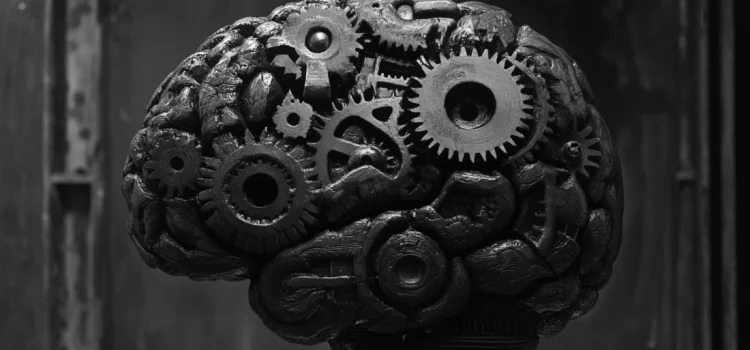What drives a tech company to transform from a gaming graphics pioneer into an AI powerhouse? How does a business maintain dominance when tech giants are developing their own competing products? Nvidia’s growth from a struggling startup to the world’s most valuable chip maker showcases a remarkable journey of innovation and strategic pivoting. Their evolution demonstrates how early investment in emerging technologies, combined with adaptable business strategies, can lead to market dominance. Keep reading to learn how this company revolutionized two industries—and what its future might hold in an increasingly competitive landscape.
Nvidia’s Growth: How a Graphics Pioneer Became an AI Powerhouse










